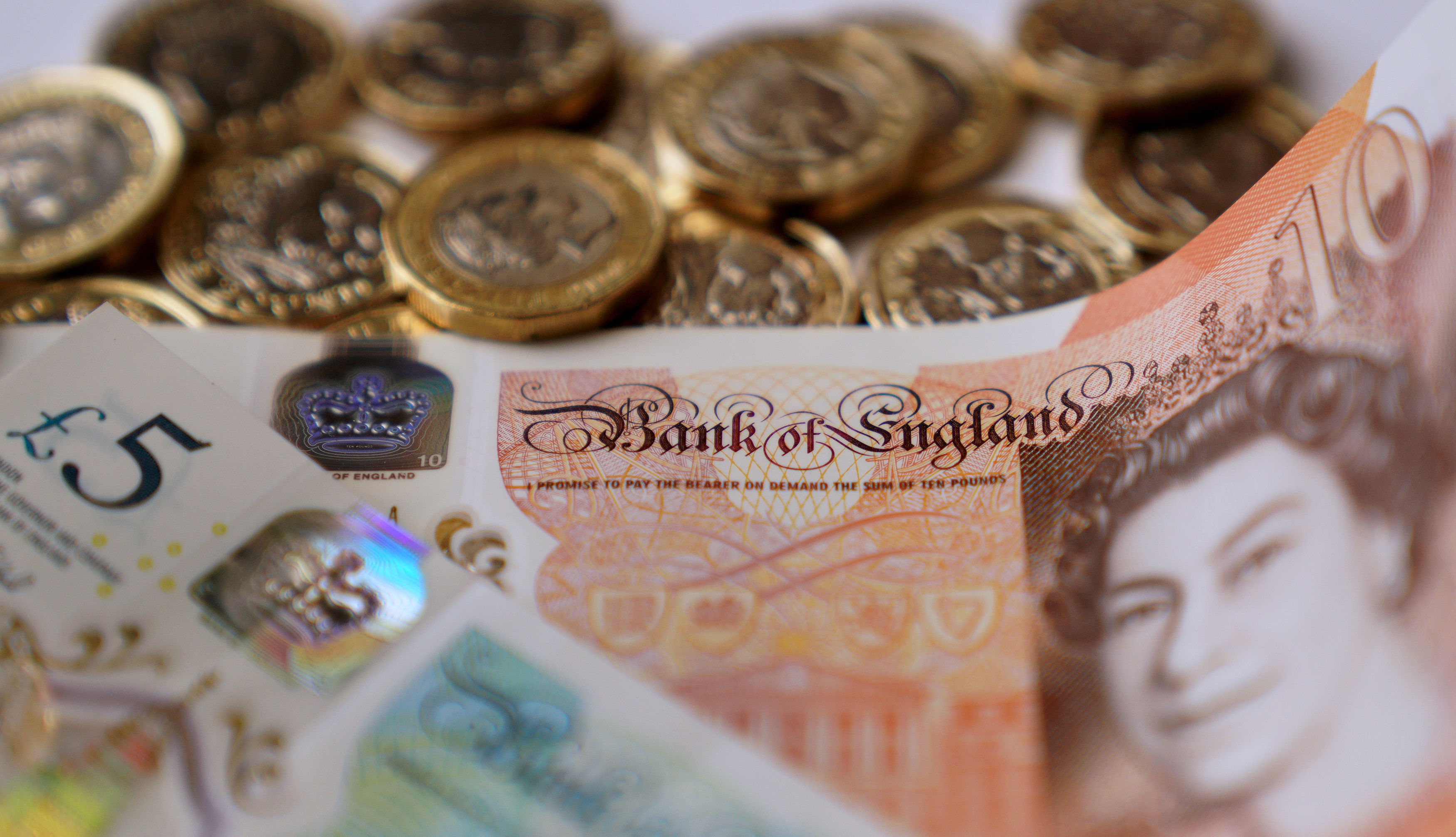
THE cost of raising a child takes up nearly a fifth of a parent’s salary, a report has found.
Mothers and fathers of children aged up to 11 spend an average of £448.41 a month per child, Halifax found.
This equates to £5,380.92 per year, or nearly a fifth (18.5%) of the average salary, at £29,009.
The findings suggest that by the time a child reaches secondary school aged 11, parents will have spent nearly £60,000 – at £59,190.12 typically.
Food takes up the bulk of the monthly cost, at £86.85 per child on average, the report found, while £60.69 goes on holiday costs and around £80 goes on toys and hobbies.
According to the research, parents spend an average of £57 per month on childcare per child, although a quarter (24%) have relatives who help out with childcare. For those who do pay for childcare the figures could therefore be significantly higher than the average, Halifax said.
Nearly half (47%) of parents have cut back on going out and socialising since having children, the research found.
And just over two-fifths (44%) have cut back on meals out in restaurants.
Giles Martin, head of Halifax Savings said: “Having children is a huge financial and emotional commitment.
“Monthly costs can eat into disposable income, particularly for those with large families.
“It’s important to be realistic about how much things are going to cost.
“Even when carefully budgeting, unexpected costs along the way can throw a curve ball when it comes to affording family life.”
Research among 1,000 parents of children aged up to 11 years old was carried out to make the findings.
Here is the average monthly cost of a child aged up to 11 years old, according to Halifax:
Food, £86.85
Schooling, £38.75
Holidays, £60.69
Clothes, £46.97
Toys, £33.18
Leisure and hobbies, £45.31
Furniture, £19.93
Personal care, £23.98
Other educational activities, £35.17
Childcare, £57.58

Enjoy the convenience of having The Sunday Post delivered as a digital ePaper straight to your smartphone, tablet or computer.
Subscribe for only £5.49 a month and enjoy all the benefits of the printed paper as a digital replica.
Subscribe